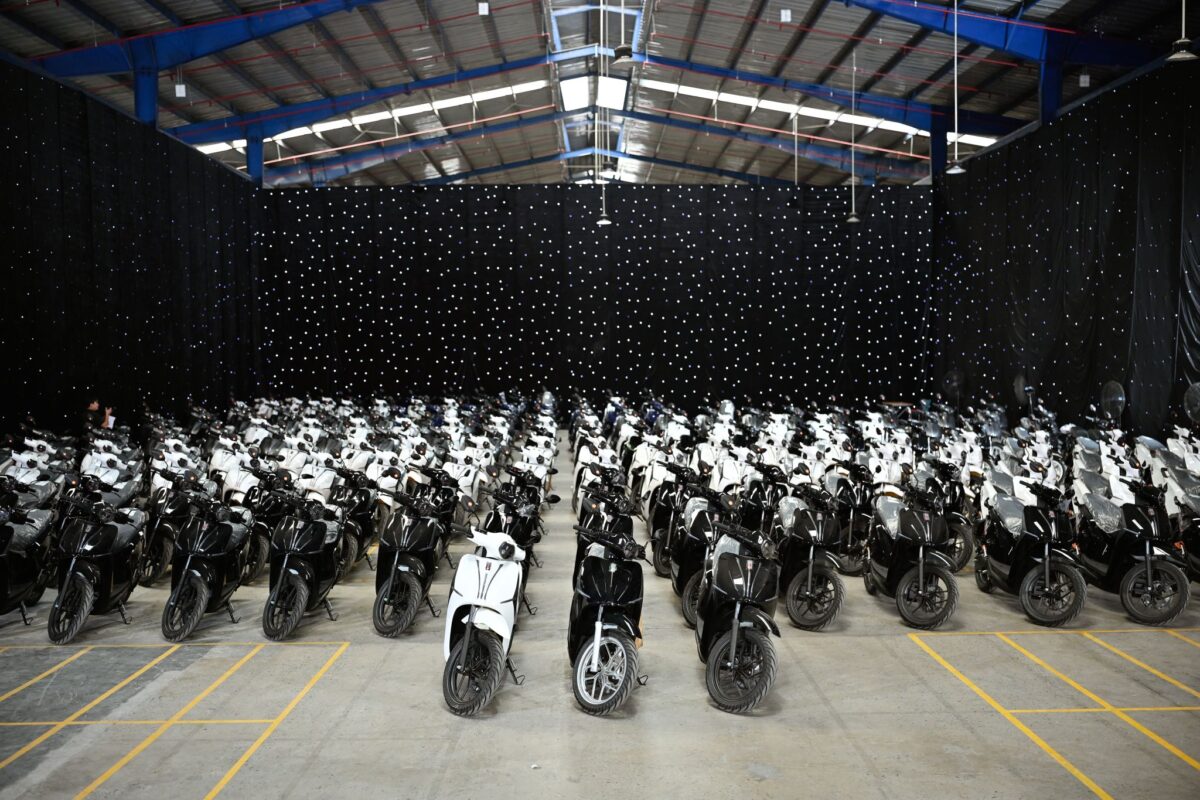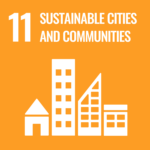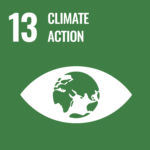People and wider economy
Over 38,000 e-bikes will be sold, with an anticipated reduction in running costs and savings for individual customers and businesses.



| Company | Dat Bike |
| Sector | Transportation |
| Country | Vietnam |
| Total Project Cost | USD 4m |
| PIDG Commitment |
|
| Dates of PIDG involvement |
|
Vietnam is the fourth largest two-wheeler market in the world and the second largest in southeast Asia, with more than 70 per cent of its population relying on motorcycles for daily use. The annual sales of two-wheelers reached three million in 2023, adding to more than 70 million motorcycles and scooters already on the roads.
The Vietnamese government heavily promotes the transition to electric vehicles (EVs) to support the nation’s energy transition, with a target of 100 per cent adoption of EVs by 2050. In recent years, EV two-wheeler sales in Vietnam have increased significantly, from 257,000 units in 2018 to 484,000 units in 2023, achieving a compounded annual growth rate (CAGR) of 13.4 per cent. While the country has the highest EV two-wheeler penetration rate of 16 per cent in southeast Asia, a significant gap still needs to be addressed to meet the 2050 goal.
Dat Bike, based in Ho Chi Minh City, is an EV two-wheeler manufacturer producing cost-effective, high-performance bikes. It has a current production capacity of 500 units per month which is expected to double to 1,000 units following an investment by PIDG.
PIDG (through InfraCo) provided Dat Bike with a convertible loan of USD 4m to support its business growth, mainly to fund the expansion of manufacturing facilities and distribution channels. Its offline distribution network is expected to expand from five stores to more than 20 stores, including those operated in partnership with major local motorcycle dealers.
Over 38,000 e-bikes will be sold, with an anticipated reduction in running costs and savings for individual customers and businesses.
The project will have a meaningful contribution to Vietnam’s EV industry efficiency by doubling the production capacity of the country’s second largest manufacturer; and allowing a quicker expansion.
The project will help avoid 64600 tCO2e.